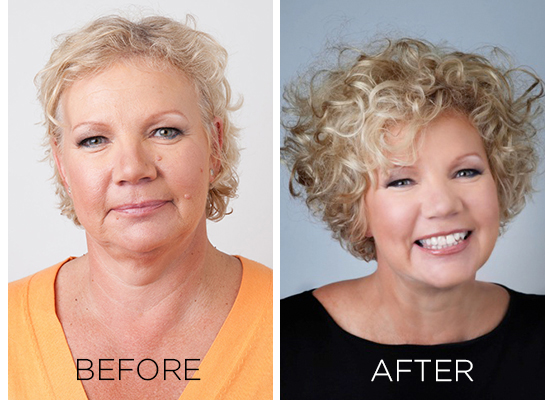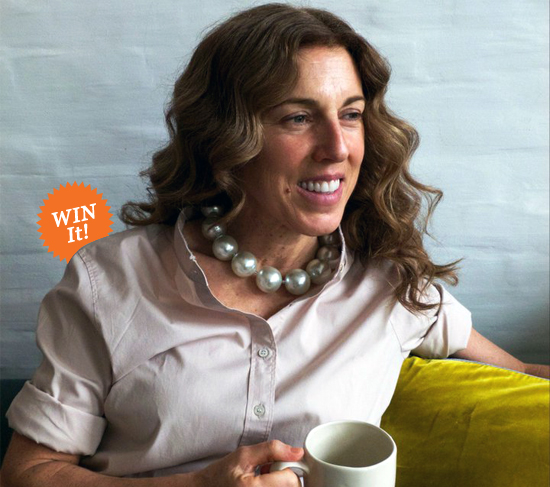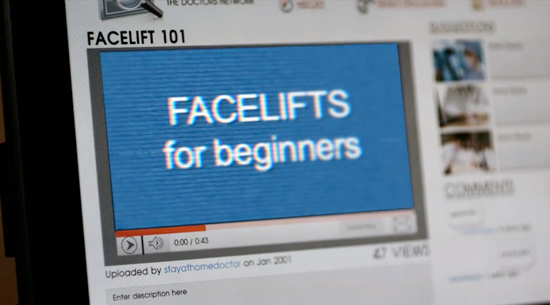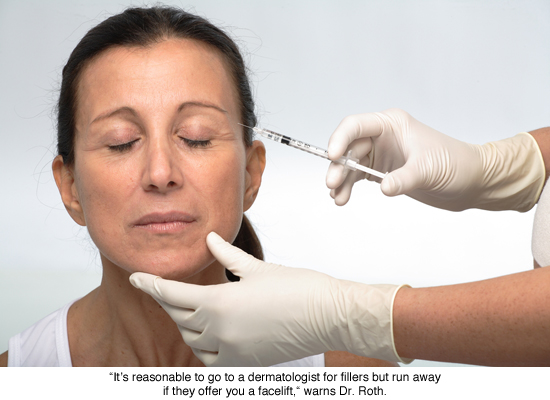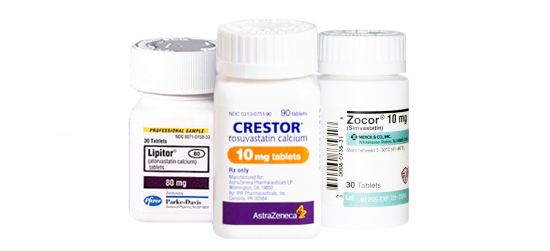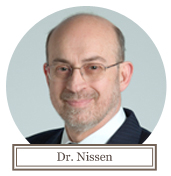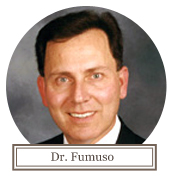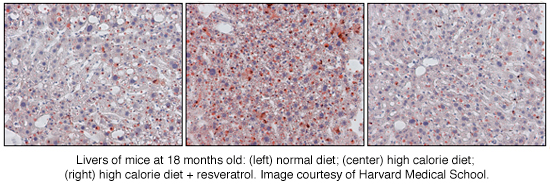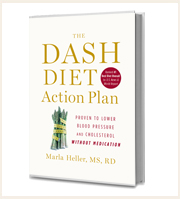The internet is buzzing about a controversial weight-loss plan called The hCG Diet. Is this hormone-based protocol a wonder formula, or a dangerous health risk? FOF investigates.
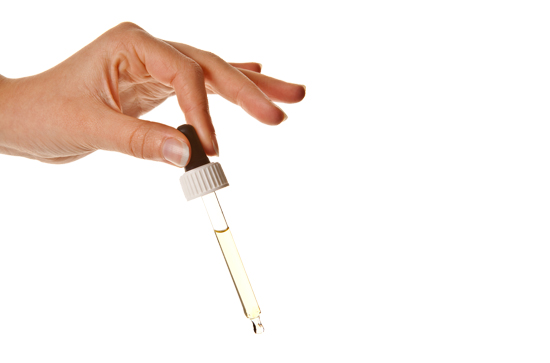
Ask a few different medical professionals about the hCG diet and you’ll get… well, a few different answers. We know, because we asked, and that’s exactly what happened. We know that’s not what you want to hear–after all, your FOFriend just lost, like, a gazillion pounds in 3 weeks and looks great . . . But wait, wasn’t there something you heard about the FDA banning hCG? And why do all those websites that sell hCG drops look so scammy?
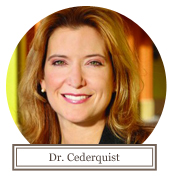

We spoke to two doctors who specialize in weight loss–Dr. Caroline Cederquist, MD, who is against the use of hCG for weight loss entirely, and Dr. Benjamin Gonzalez, MD, who uses hCG in his practice and swears by it. We also spoke to two FOFs about their own experiences with hCG. The good news is: there are a few universal truths about hCG–even if opinions differ. Before you buy those drops or get those shots, listen up!
What the heck is hCG anyway?
Human Chorionic Gonadotropin (hCG) is a protein hormone that female bodies produce in high amounts during pregnancy allowing the fetus to survive. The idea of using hCG in combination with a 500-calorie-a-day diet for weight loss was introduced in a medical journal called The Lancet in the 1954 by Dr. Albert T.W. Simeons. The dieter injects or ingests hCG three times a day and eats a strict 500 to 550 calorie diet. “The idea is that hCG acts as an appetite suppressant and allows the body to tap into and utilize the stored fat as a source of energy and nutrition,” writes Dr. Gonzalez in his own position paper on hCG. Interest in the protocol surged in the 50s after Dr. Simeons’ article was published. In the 1970s, Dr. Simeons died and “the interest in the protocol kind of died off too,” according to Dr. Gonzalez. “However, recently there’s been a resurgence.”
Over-the-counter hCG is illegal.
An abundance of products marketed as hCG are sold over the counter including drops, pellets and shots. The manufacturers of these products claim that when combined with an extremely restrictive, low-calorie diet hCG can “reset your metabolism” or shave off “20-30 pounds in 30-40 days.” In December 2011, the FDA issued a warning to consumers stating “there is no substantial evidence hCG increases weight loss beyond that resulting from the recommended caloric restriction” and that the products “are potentially dangerous even if taken as directed.” Both the FTC and FDA issued a letter to 7 manufacturers of over-the-counter hCG warning the companies that “they are violating federal law by selling drugs that have not been approved, and by making unsupported claims for the substances,” according to a press release issued by the FDA. The 7 manufacturers the FDA chose to target weren’t the only ones in violation of the law. You still may see be able to find products marketed as hCG in stores and online, but according to the FDA there are “no HCG products sold online and in stores approved for weight loss.”
Illegal or not, some women swear by it.
“My whole life, I had never been unhappy with my weight,” says FOF Sherry Ittel from Plano, Texas. Then, recently, she hit menopause and accumulated just a bit of stubborn fat that she struggled to get rid of. A friend had success using over-the-counter hCG, so, a few months ago Sherry decided she would give it a try. She bought some drops on a site called hCGdiet.com for $80. After taking the drops three times daily, combined with a strict 500-550 calorie diet, she lost her goal weight of 10 pounds in about four weeks. “I remember e-mailing my friend and saying ‘celery is not a substitute for popcorn.’ I wanted popcorn so bad,” says Sherry. “I guess a couple times I was hungry, but it wasn’t that much of an issue.”
Another FOF, Barbara Langley, from Independence, Missouri, describes herself as “overweight.” She tried dozens of diets over her lifetime–but none of them gave her the results she wanted. Then, last March, she bought hCG drops off a website called myhcgsystem.com. The diet appealed to Barbara, because, although extreme, it only required a short time commitment. “I can do anything for 23 days,” she says. Barbara lost about 40 pounds in just over three weeks. In December, she got an e-mail from the manufacturer of her hCG drops. “It said something like, ‘if you want to go on this program, you better buy your drops because the FDA will not allow them to be sold after January 1st,’” says Barbara. “It really made me concerned, like ‘what’s in these things?’ But, they offered it for some ridiculous price so I bought two bottles.”
—————————————————————————————————
A sample day on the 500 calorie hCG diet for FOF Barbara Langley:
[portfolio_slideshow]
—————————————————————————————————
FDA officials and many medical professionals specializing in weight loss such as Dr. Caroline Cederquist, MD, director of Cederquist Comprehensive Weight Control, say that what concerns them most about this diet is not the hCG itself, but the strict calorie limit it imposes. Manufacturers and supporters of hCG claim that the hormone helps you utilize the stored fat as a source of energy and nutrition, in effect making up for the calories your diet is lacking. Dr. Cederquist disagrees: “Anytime you lower your caloric intake, you are theoretically burning stored fat. But, if you don’t have enough protein in your diet, your body will not allow you to break down fat. It will start breaking down muscle tissue to meet your nutritional needs.” Dr Cederquist says that the muscle could be from your arms and legs, but even more worrisome, “it could be the protein in your heart.” According to a press release issued by the FDA, “consumers on such restrictive diets are at increased risk for side effects that include gallstone formation, an imbalance of the electrolytes that keep the body’s muscles and nerves functioning properly, and an irregular heartbeat…A very low calorie diet should only be used under proper medical supervision.”
Doctor-administered hCG–is it safe?
Following a 500-calorie diet without guidance from a physician is almost universally frowned upon. But, the safety of using hCG under the supervision of a doctor has fueled the hottest debate yet–with everyone from Dr. Oz to Oprah forming and sharing opinions on the matter.
Dr. Benjamin Gonzalez, MD, says that five years ago, he believed hCG was “crap,” but now he prescribes it to select patients through his practice, Atlantis Medical Wellness Center in Silver Spring, MD. Dr. Gonzales says that after a family member asked him his advice on the diet, he ran trials on his office staff and “basically did a 180,” on his opinion of the drug. “It was eye-opening,” he says. “After treating hundreds of patients successfully, I’m a convert.”
Does Dr. Gonzalez worry about putting his patients on such a restrictive diet? “hCG is medication that helps your body change how it burns your own fat,” says Dr. Gonzales. “If you went on a 500- or 600-calorie-a-day diet without the hCG, it’s absolutely true [you’d be at risk for muscle breakdown], but what the hCG provides is protection from that along with an appetite suppressing type of feeling.” Sounds like a miracle! Could it be? Dr. Cederquist doesn’t think so. She references a study from the “70s or 80s” where one group of patients was restricted to 500 calories with hCG and other group of patients was restricted to 500 calories without it. “There was no significant difference between the two,” says Dr. Cedequist. Dr. Gonzalez agrees that studies on hCG have been published suggesting the effects of hCG are bogus, but calls them “small, not very good studies… No one is going to put a couple million dollars toward studies on something such as hCG that makes them pennies.”
Furthermore, Dr. Gonzalez is adamant about making a distinction between the hCG he prescribes in his office and that which is sold over the counter. “A lot of people will buy the hCG online and you don’t even know if it’s actually hCG or not, and it usually is not,” says Dr. Gonzalez. “I have patients come in here and say ‘I just want the hCG, can’t you just give me the hCG and I’ll do the rest?’ No way. It has to be done by a doctor or nurse who is experienced with the protocol.” Dr. Gonzalez conducts careful screenings of his patients before prescribing them hCG and checks in with them frequently while they are using it. The whole protocol for 39 days including the initial screening, labs, the shots and weekly follow up appointments done under his supervision costs a patient approximately $900.
He prescribes the hCG “off-label” which means that it is not approved by the FDA for weight loss although it is approved for other uses, such as fertility issues. Prescribing drugs off-label is a fairly common medical practice (read more about off-label prescriptions), but controversial as well, depending on the drug and the problem it’s treating.
“We know it’s very safe since it has been studied for these other conditions,” says Dr. Gonzalez. “They haven’t approved hCG for weight loss but not one single death nor long term side effect has surfaced in the 50 years of use.”
The bottom line:
When it comes to doctor-administered hCG, buyer beware. Past studies on using the hCG hormone paired with a low-calorie diet for weight loss are too limited to be conclusive. There is a lot more research in this area that needs to be done. When it comes to over-the-counter hCG, stay away. These products have been deemed “potentially dangerous” and “illegal” by the FDA.
 Imitating a 25 year old by wearing your hair too long, your skirts too short and your shirts too revealing.
Imitating a 25 year old by wearing your hair too long, your skirts too short and your shirts too revealing. 
 Speaking of size 2, the French say “10 extra pounds on your body equals 10 years off your age.”
Speaking of size 2, the French say “10 extra pounds on your body equals 10 years off your age.” 




 Making sure that your clothes, shoes and accessories are gorgeous, but not doing anything about your thinning hair.
Making sure that your clothes, shoes and accessories are gorgeous, but not doing anything about your thinning hair. 